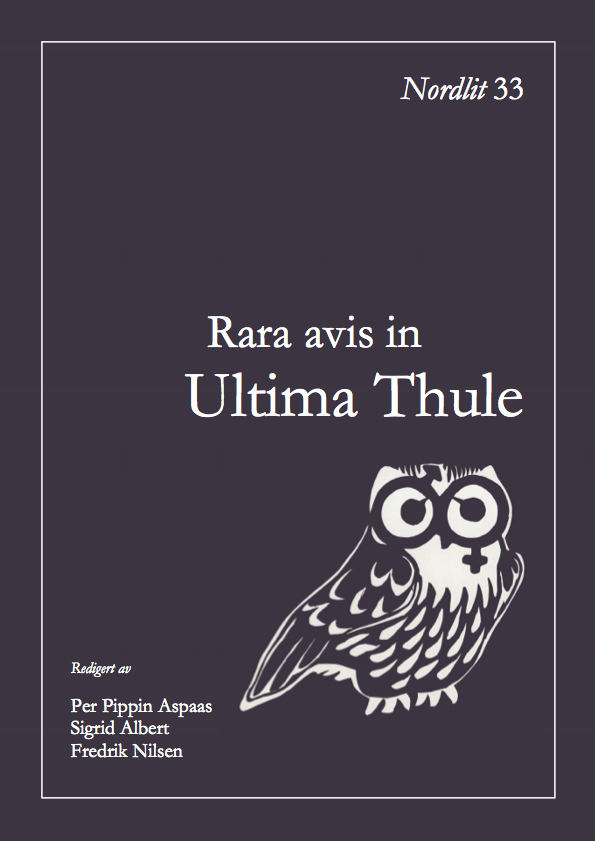Persuading through pity and fear: Aristotle’s account of the emotions in the Rhetoric
DOI:
https://doi.org/10.7557/13.3180Emneord (Nøkkelord):
Aristotle, Plato, Lycurgus, Rhetoric, Apology, Emotions, Emotional PersuasionSammendrag
The aim of this paper is to examine what has commonly been perceived as a discrepancy between the generally pragmatic or amoral tone of the Rhetoric and Aristotle’s preoccupation with normative questions elsewhere in his works, including in the opening chapter of the Rhetoric itself. I suggest an interpretation that allows for this discrepancy to be avoided. When Aristotle warns against emotional influence in Rhetoric 1.1, this statement must be seen in context with his critique of previous writers of rhetorical handbooks. By looking at other historical sources to the rhetorical practice that Aristotle appears to criticize, we can better understand what the critique is really about. I argue that this historical context makes plausible an understanding of Aristotle’s critique as being directed towards a specific practice in the contemporary judicial practice, namely, that of trying to influence emotionally by means that are foreign to the argument. My main sources in establishing this historical context are Plato’s Apology and Lycurgus’ Against Leocrates. Reading Aristotle’s text in light of the judicial practice of the time offers an alternative understanding ridding us of the apparent contradiction. I suggest that it is the manner in which the emotional influence is made that is is essential. What Aristotle is warning against is emotional influence that is foreign to the subject matter; the critique is directed against influencing through establishing ethos or producing pathos without this having any connection to logos. By seeking a reading where the emotions can be understood as saying something genuine about the situation, something that without the emotions could not be properly understood, the apparent discrepancy in Aristotle can be resolved.









